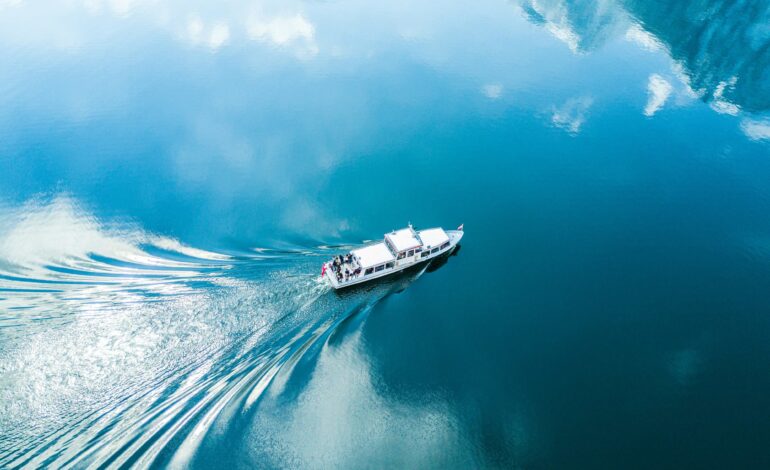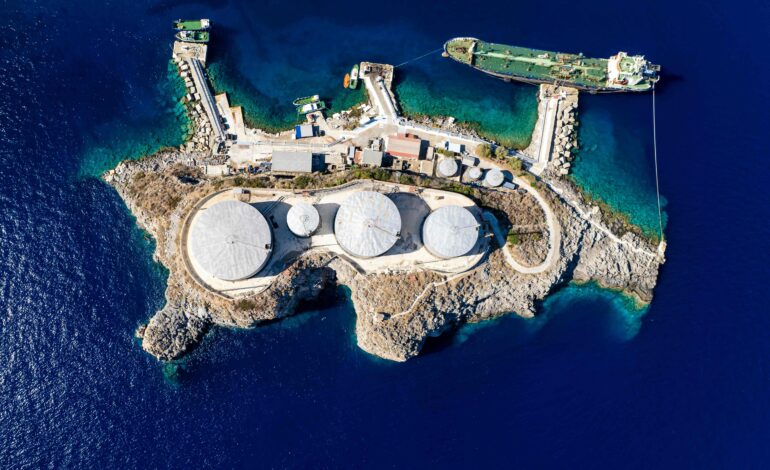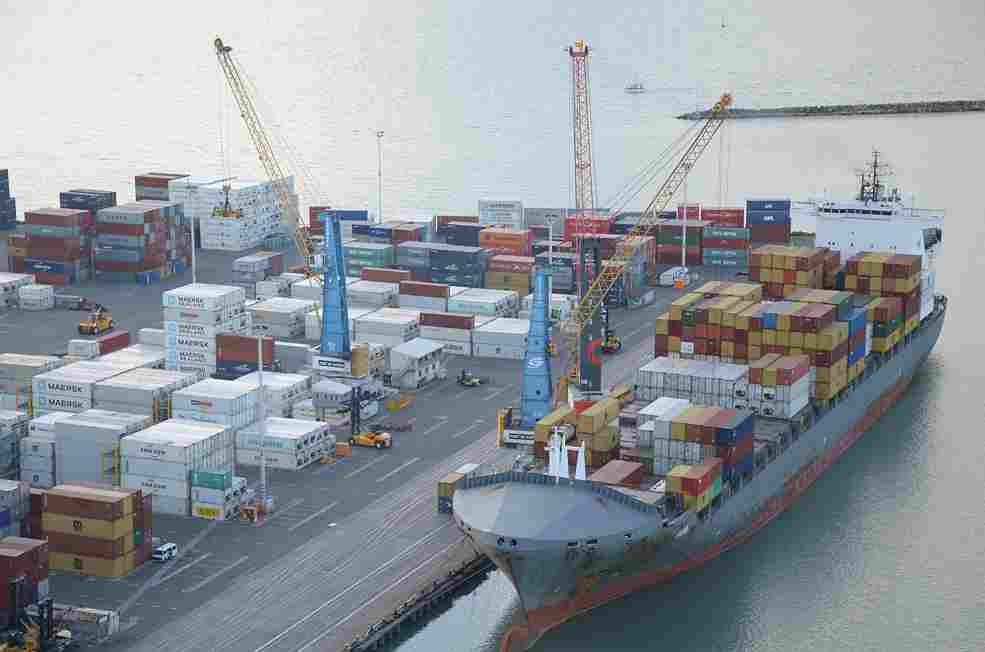
The Role of Charterers in Bunker Fuel Procurement
In the intricate tapestry of global maritime commerce, charterers occupy a pivotal position not merely as facilitators of cargo transport but as crucial orchestrators in the realm of bunker fuel procurement. Bunker fuel, the lifeblood that powers vessels across oceans, stands as a significant operational expense and a focal point of environmental responsibility within the shipping industry. Delving into the distinctive role charterers play in this domain illuminates their profound influence and indispensable responsibilities across the maritime supply chain.
Acting as intermediaries between cargo owners and vessel operators, charterers wield considerable influence by chartering ships for the transportation of goods worldwide. This strategic positioning empowers them to impact various facets of vessel operations, with bunker fuel procurement emerging as a critical area of focus. The decisions made by charterers regarding fuel acquisition significantly affect operational efficiency, cost management strategies, and adherence to stringent environmental standards.
A primary concern for charterers in the realm of bunker fuel procurement revolves around achieving optimal cost-effectiveness. Given that fuel expenses constitute a substantial portion of shipping companies’ operational budgets, charterers adeptly negotiate with suppliers and bunker traders to secure competitive pricing while maintaining stringent quality and reliability standards. Their deep understanding of market dynamics and fuel specifications enables them to craft agile procurement strategies that optimize efficiency and financial prudence.
Beyond financial considerations, charterers shoulder the responsibility of ensuring compliance with stringent environmental regulations governing marine emissions. International conventions such as MARPOL impose strict limits on sulfur content in marine fuels, compelling charterers to specify low-sulfur alternatives or facilitate the installation of scrubber systems to mitigate environmental impact effectively.
Moreover, charterers play a pivotal role in mitigating risks associated with fuel procurement, including issues related to fuel quality, availability, and logistical challenges. Their proactive approach involves assessing supplier reliability, evaluating the feasibility of refueling logistics at ports along designated routes, and implementing strategies to manage potential volatility in fuel prices.
In navigating the complexities of contractual agreements associated with bunker fuel, charterers integrate meticulous clauses into charter party agreements that delineate responsibilities for fuel procurement, quality assurance protocols, and equitable cost-sharing arrangements. Clarity and transparency in contractual terms are paramount, ensuring smooth operations and minimizing the risk of disputes throughout the charter period.
In the era of heightened environmental consciousness, charterers are increasingly called upon to champion sustainable practices within the maritime industry. This encompasses advocating for fuel-efficient navigation techniques, exploring alternative fuel sources such as liquefied natural gas (LNG), and supporting initiatives aimed at reducing carbon emissions and promoting environmental stewardship.
In conclusion, the role of charterers in bunker fuel procurement is multifaceted and indispensable to the seamless operation and responsible growth of global shipping. By navigating the intricate interplay of financial prudence, regulatory compliance, risk management, and sustainability imperatives, charterers wield significant influence in steering the future of bunker fuel procurement toward more sustainable and efficient practices. As the maritime industry continues to evolve, charterers stand poised to drive innovation and foster advancements that enhance operational efficiency while advancing environmental stewardship in maritime transportation.





